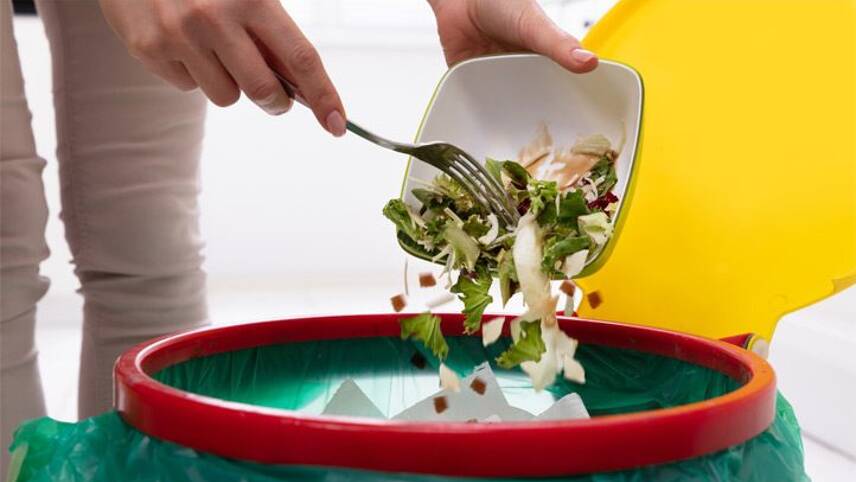Register for free and continue reading
Join our growing army of changemakers and get unlimited access to our premium content

According to the EU executive’s proposed scheme, member states will be legally obliged to reduce overall food waste in stores, restaurants, and households by 30% per capita by the end of 2030
The UK has this week confirmed its intention to join the UNFSS, which commits members to halve food waste globally by 2030. The UK joins the likes of Italy, Australia and the US in becoming a member.
An estimated 9.5 million tonnes of food are wasted every year in the UK, while more broadly, more than one-third of all produced food is wasted. The UK will share its expertise, namely through the research and workings of WRAP to help combat food waste at home and abroad.
Minister Rebecca Pow said: “The UK, where food waste has fallen 21% per person since 2007, is rightly recognised as a global leader in tackling both domestic and international food waste. Joining the UNFSS Coalition will enable us to work further with other countries to solve this enormous issue.”
The commitment forms part of the government’s Environmental Improvement Plan to build a “truly circular and sustainable economy”.
The Government published its food strategy in June 2022. The UK Government has maintained that the strategy does address the biggest systemic challenges across the food value chain, including rising food costs, childhood hunger, public health and environmental sustainability.
To this latter point, agriculture was the source of 10% of the UK’s emissions in 2019 and 47% of England’s methane emissions specifically in 2019, according to official Government figures. This makes it a key challenge on the road to net-zero. With 70% of England’s land used for farming, farming approaches also have a major knock-on impact on the state of nature across the country.
More than 200 large food businesses already measure their food waste as part of the WRAP-IGD Food Waste Reduction Roadmap and the strategy is consulting on ways to improve reporting on this topic for larger businesses.
Commenting on the announcement, Liz Goodwin, senior fellow and director of Food Loss and Waste at the World Resources Institute, said: “The UK has been a clear leader in tackling food loss and waste for many years, so I am delighted that it is joining the Food is Never Waste Coalition where it will be a clear role model for others and will help promote focus on this important issue.
“We are now just seven years away from 2030 and it is imperative that we all scale up our efforts to reduce food loss and waste, which is essential if we are to meet climate agreement targets and create a sustainable, resilient food system.”
Disposal discretions
The announcement is timely. New research based on a survey from Waitrose warns that almost three million households across the UK may not be disposing of food waste responsibly.
The survey found that while 61% of UK households acknowledge that food waste is damaging to the environment, just 21% have access to curbside food waste collection and therefore throw leftover food into general waste streams.
Almost half (43%) claimed that they mistrust their local authorities to deal with waste responsibility, while 29% claimed that separating food waste was “too much effort”.
John Lewis Partnership’s director of ethics and sustainability, Marija Rompani said: “When we throw food away, we waste the precious resources it’s taken to grow, package and transport it – and as it rots in landfill, it produces methane, a greenhouse gas more potent than carbon dioxide.
“The simple action of throwing food in the bin is therefore more damaging to our planet than people often realise. Ideally, we should strive to eliminate food waste entirely but if necessary, it’s critical that households that have access to curbside food waste collection actually use it.”


Please login or Register to leave a comment.